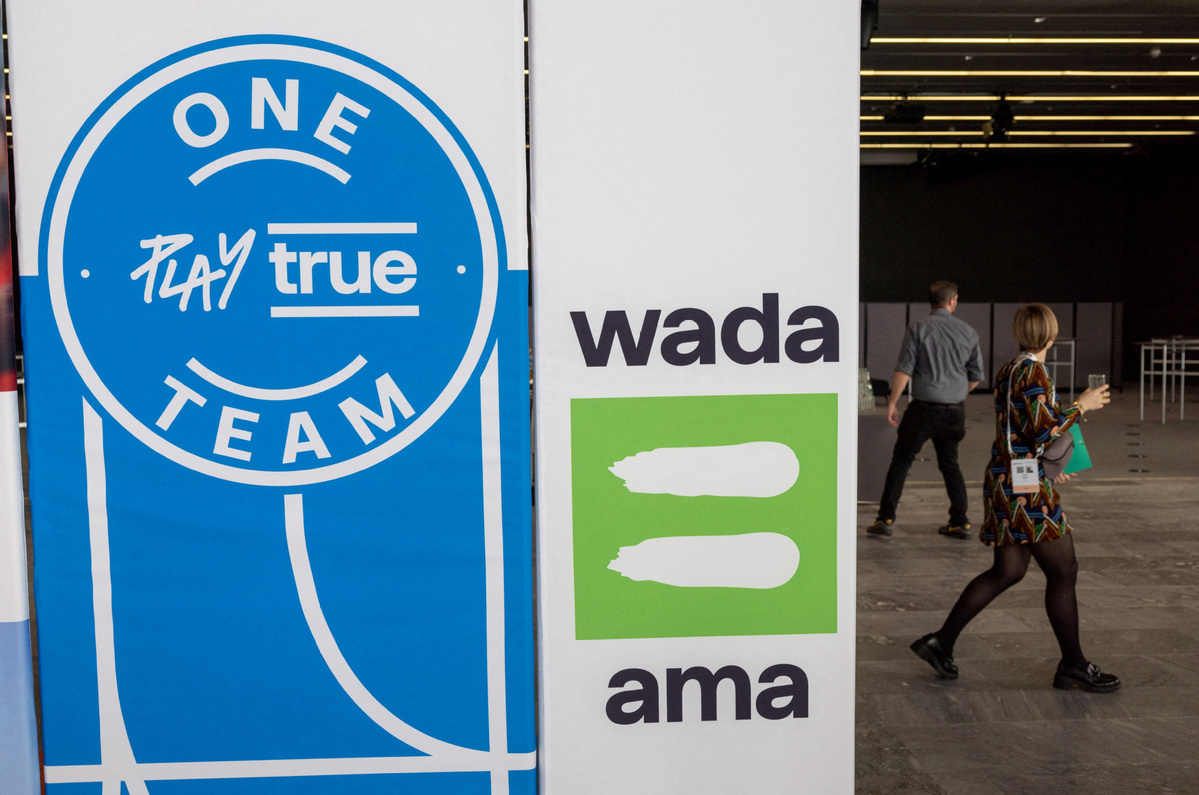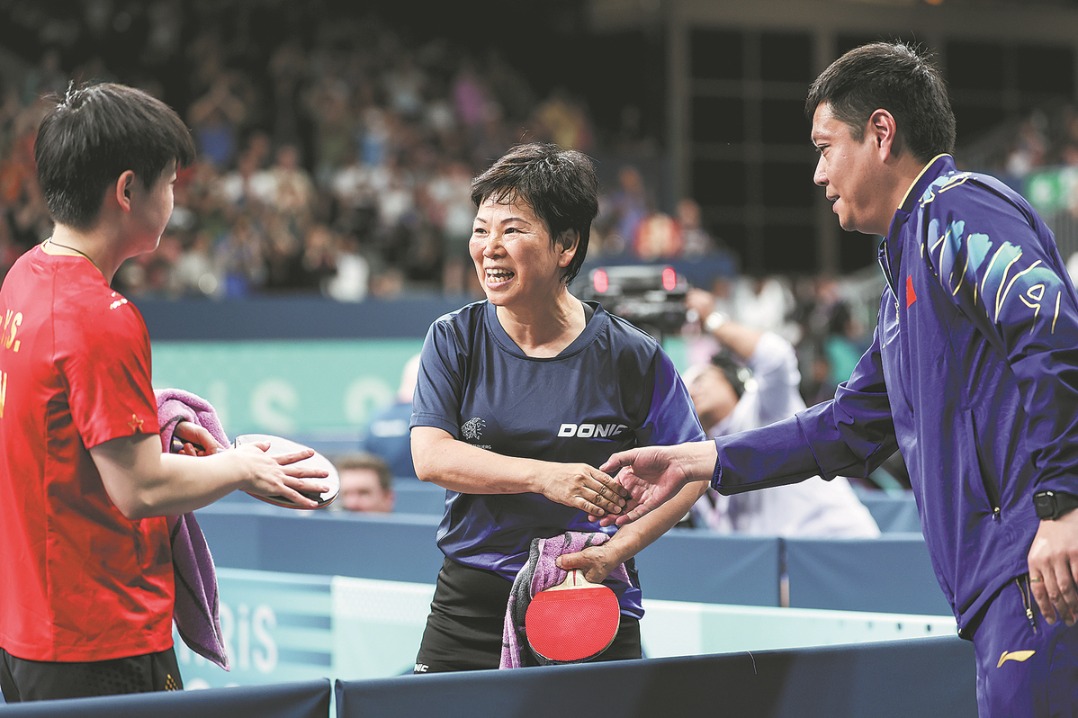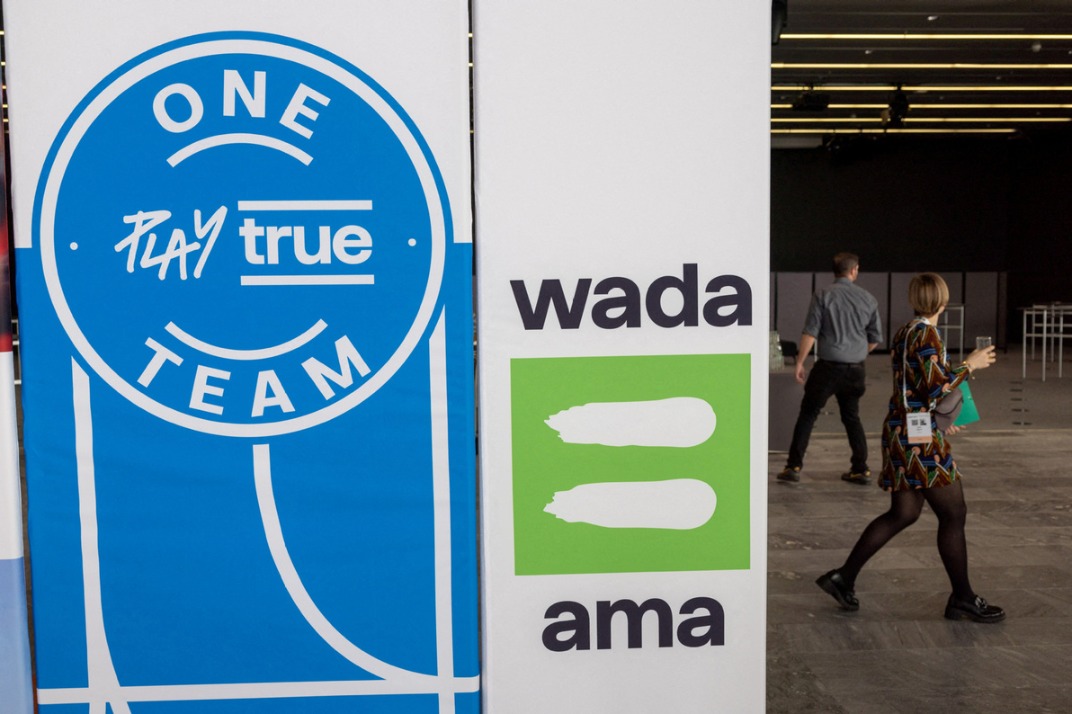Unmasking the bias behind USADA's anti-doping curtain


The recent doping controversy involving Chinese and US athletes at the Paris Olympics has exposed how the US Anti-Doping Agency is biased in its handling of doping allegations — it has been known to allow US athletes who have committed doping violations to compete without sanctions for years, while pointing a finger if the charges are against athletes from other countries, particularly China. The actions also throw light on USADA’s ties with the World Anti-Doping Agency.
As allegations and tensions escalate, it becomes increasingly apparent that USADA's authority, along with the rules governing international sports, is compromised by significant issues of influence and bias.
USADA's inability to effectively regulate US professional athletes exposes a critical flaw in its operations. Despite its mission to uphold anti-doping standards, USADA is often powerless when it comes to addressing drug use in the highly commercialized US professional leagues, which enjoy substantial legal and financial protections.
As a result, USADA's role is largely limited to policing Olympic athletes and select professional sports figures, while turning a blind eye to the more sophisticated doping practices prevalent among US athletes. This was demonstrated in the 2000 Sydney Olympics scandal, where Marion Jones's doping was exposed years later because of internal disputes within the Bay Area Laboratory Co-operative, a controversial sports nutrition company notorious for its role in providing performance-enhancing drugs.
Such cases highlight a troubling trend: US athletes frequently exploit advanced technology to evade detection, with USADA seemingly unable — or unwilling — to address these systemic issues.
The International Olympic Committee has attempted to mitigate these problems by introducing measures such as retesting samples over extended periods. However, these efforts merely scratch the surface, failing to address the deep-seated biases and shortcomings within the anti-doping framework.
The current scandal, particularly involving the World Aquatics and its role in hearings against Chinese athletes, underscores the troubling intersection of politics and sports. The strategic targeting of Chinese athletes, facilitated by international sports bodies aligned with US interests, reveals a disturbing pattern of bias and manipulation. This is not merely a case of oversight but a glaring example of how powerful nations and their affiliated organizations can undermine the integrity of global anti-doping efforts. The continued influence of USADA in these matters raises serious questions about the very principles of fairness and objectivity that it is supposed to uphold.
The author is director of the institute for Olympic Governance at the Wenzhou University.
The views don't necessarily reflect those of China Daily.
If you have a specific expertise, or would like to share your thought about our stories, then send us your writings at opinion@chinadaily.com.cn, and comment@chinadaily.com.cn.


































